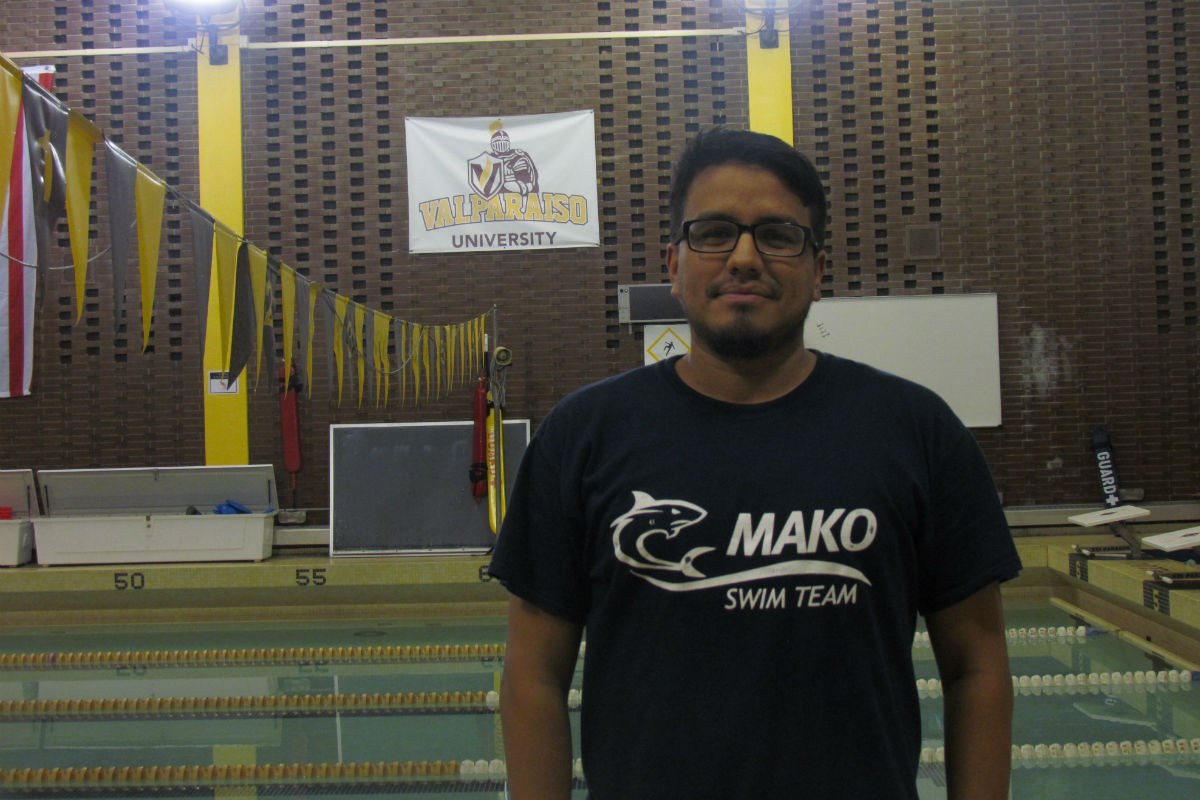As a rehabilitated chubby child, I can admit that I was never one to enjoy walks, bike rides, swimming or anything that involved moving. I just wanted to watch reruns of the Nanny all day, and eat cookies. Do I see a problem in that now? Yes. Did 8-year-old me see a problem in that? Of course not.
My point here is that we all have something from our childhood that is now engrained into us. I still have an affinity for cookies, and the Nanny reruns, but I know that I can’t just gorge on cookies all day. Now if you had “cool” parents that let you join sports, I personally envy you.
The closest thing I got to sports was racing my sister to the dinner table, and admittedly I always lost. I always thought the kids who participated in athletics were cool, maybe because society etched that into my mind, or because athletes really do have a sense of “cool-ness.”
But, what about the coaches? The coach mentors the athlete to become stronger, and sharpens the athlete’s skills, but where’s their shining moment? Where’s their trophy? Jarrod Hunte, coach of MAKO club swim team has actively participated in swimming his whole life, you can still catch him on the deck today.
“I swam for 26 years, I went through all the club swimming when I was younger, all through my time in my country in Venezuela, then moving to the U.S I was able to get a scholarship for swimming to go to college, I did my four years in college, I swam all four years. I thought I was never going to coach, honestly, it wasn’t my thing,” Hunte said.
After stumbling upon coaching, it wasn’t long after that when Hunte met Anya Goeders. Goeders is a prime example of what happens when hard work and success meet opportunity. Goeders joined MAKO when she was around 13 years old, and one can observe that she has grown exponentially since then. Goeders placed in a national meet, which earned her a spot in the Olympic Trials; however, her success doesn’t award her special treatment.
“I got some great advice from the coach for Colorado Stars, Todd Smith he gave me great advice and told me that, ‘She may be a national qualifying swimmer or an Olympic trail qualifying swimmer, but don’t forget she’s only 14 years old.’ I understood what it meant. Just because she’s that fast, or she’s at that level doesn’t mean you have to train her like an Olympian, I have to train her for her maturity, her mental approach to the sport,” Hunte said.
Like most sports, swimming requires hours of dedication, the sweat, and sometimes tears that go into practices. The goal isn’t just to improve the athlete in the sport, but also in the real world.
“My favorite aspect of coaching is actually watching these kids grow. It has nothing to do with them being fast or whatever, it’s just watching them grow, watching them mature, watching them understand, and think [about] everything throughout life. Whether it’s I gotta do homework and [watch them] be able to find the discipline and the responsibility to say ‘Hey I have to do it because it’s mine,’” Hunte said.
The morals that are instilled in athletes are often reflected throughout their coach, and how they approach daily situations.
“Respect, discipline, attitude the desire to accomplish something that is theirs. That’s how I kinda guide myself with them, I want them to accomplish something that belongs to them. That’s what I enjoy. They can be national swimmers, they can be state swimmers, but to me, none of that is important if they’re not enjoying it, and I’m not seeing the growth as a person. See in my life, I swam for so long, I approach everything in my life as a set. That’s how I approach my life now, I approach every day as a set, and I’m disciplined enough to understand what I want, understand how I gotta do it and that’s what sports give to kids,” Hunte said.

